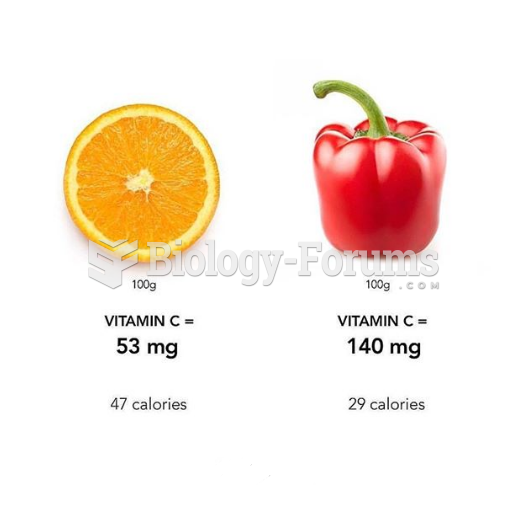|
|
|
Bacteria have been found alive in a lake buried one half mile under ice in Antarctica.
Stroke kills people from all ethnic backgrounds, but the people at highest risk for fatal strokes are: black men, black women, Asian men, white men, and white women.
By definition, when a medication is administered intravenously, its bioavailability is 100%.
Asthma-like symptoms were first recorded about 3,500 years ago in Egypt. The first manuscript specifically written about asthma was in the year 1190, describing a condition characterized by sudden breathlessness. The treatments listed in this manuscript include chicken soup, herbs, and sexual abstinence.
According to the FDA, adverse drug events harmed or killed approximately 1,200,000 people in the United States in the year 2015.







